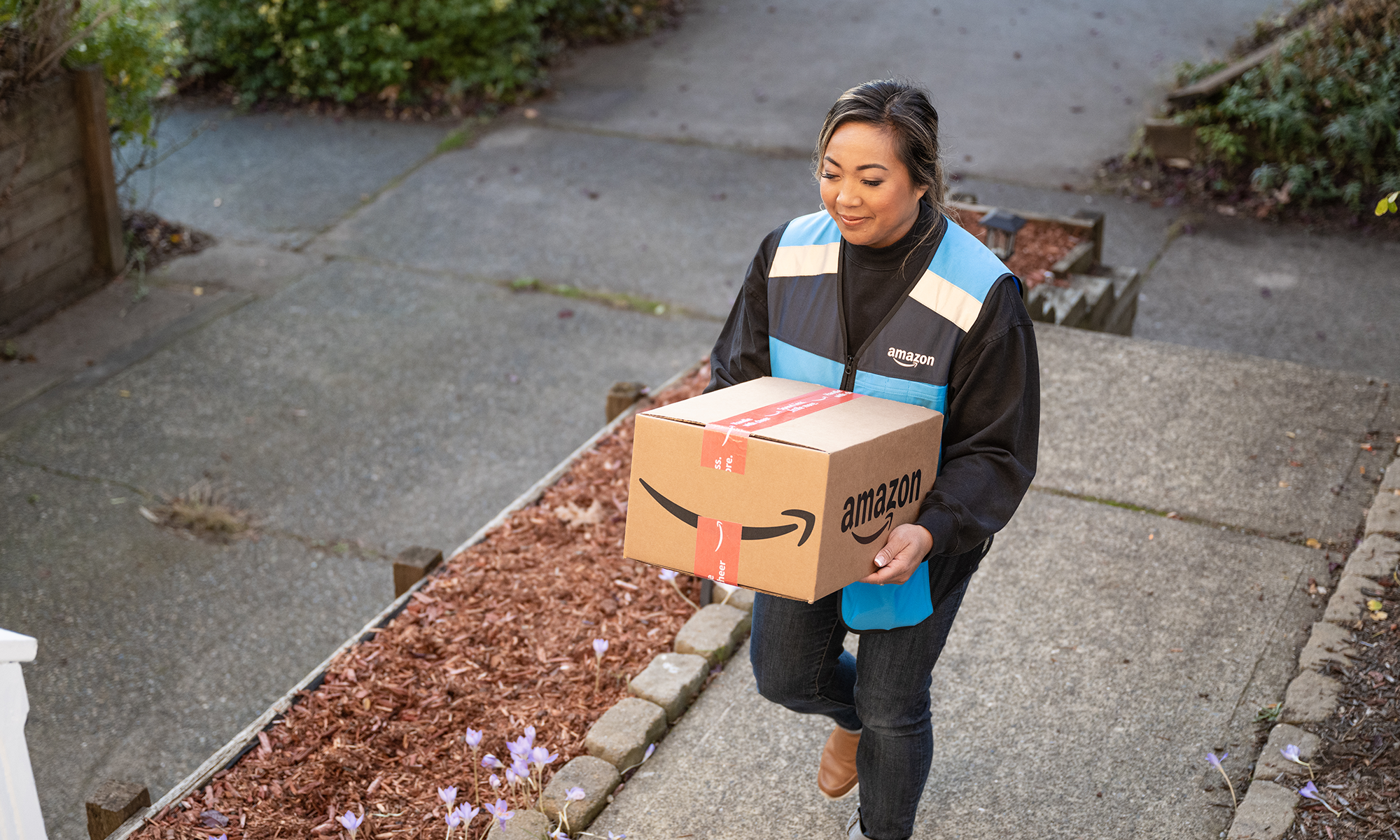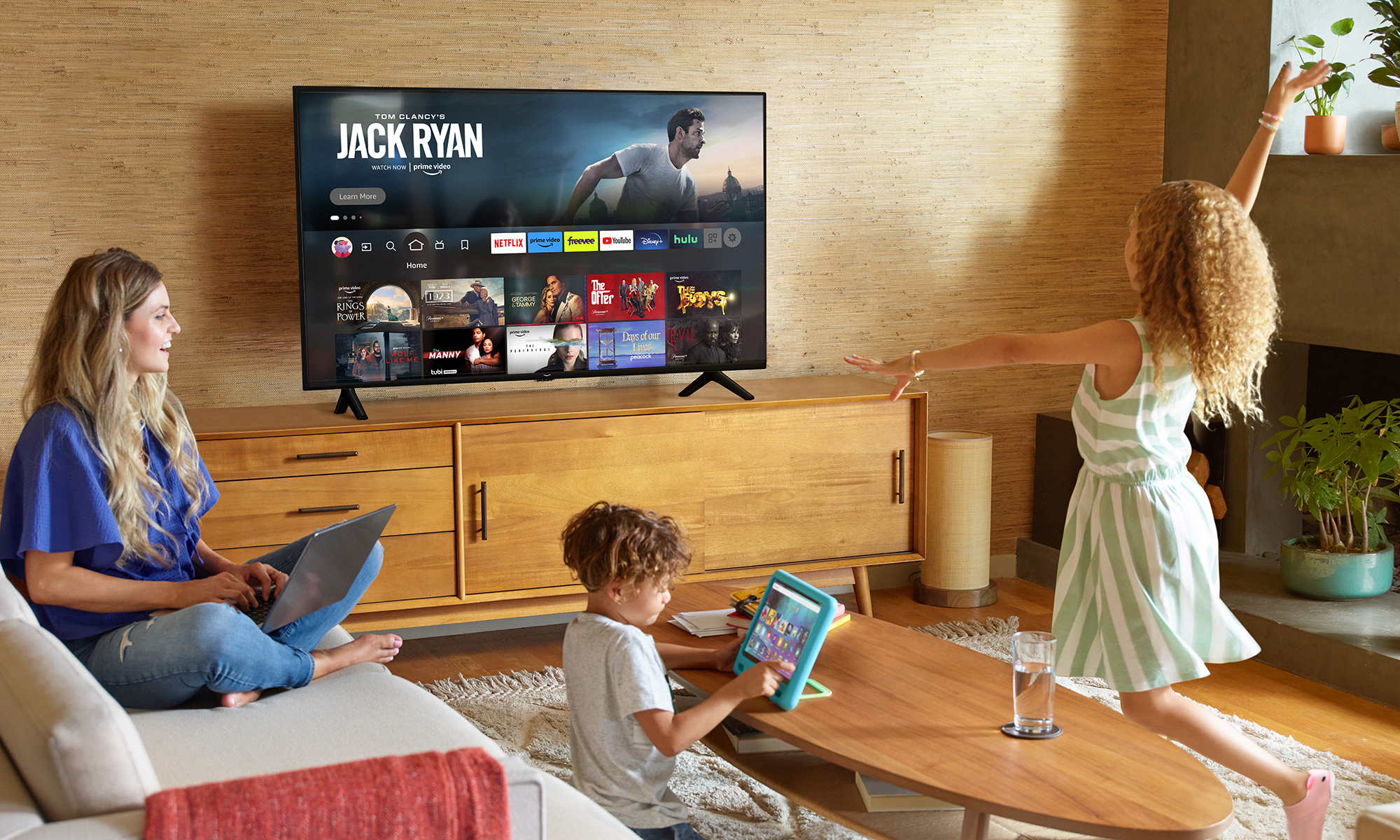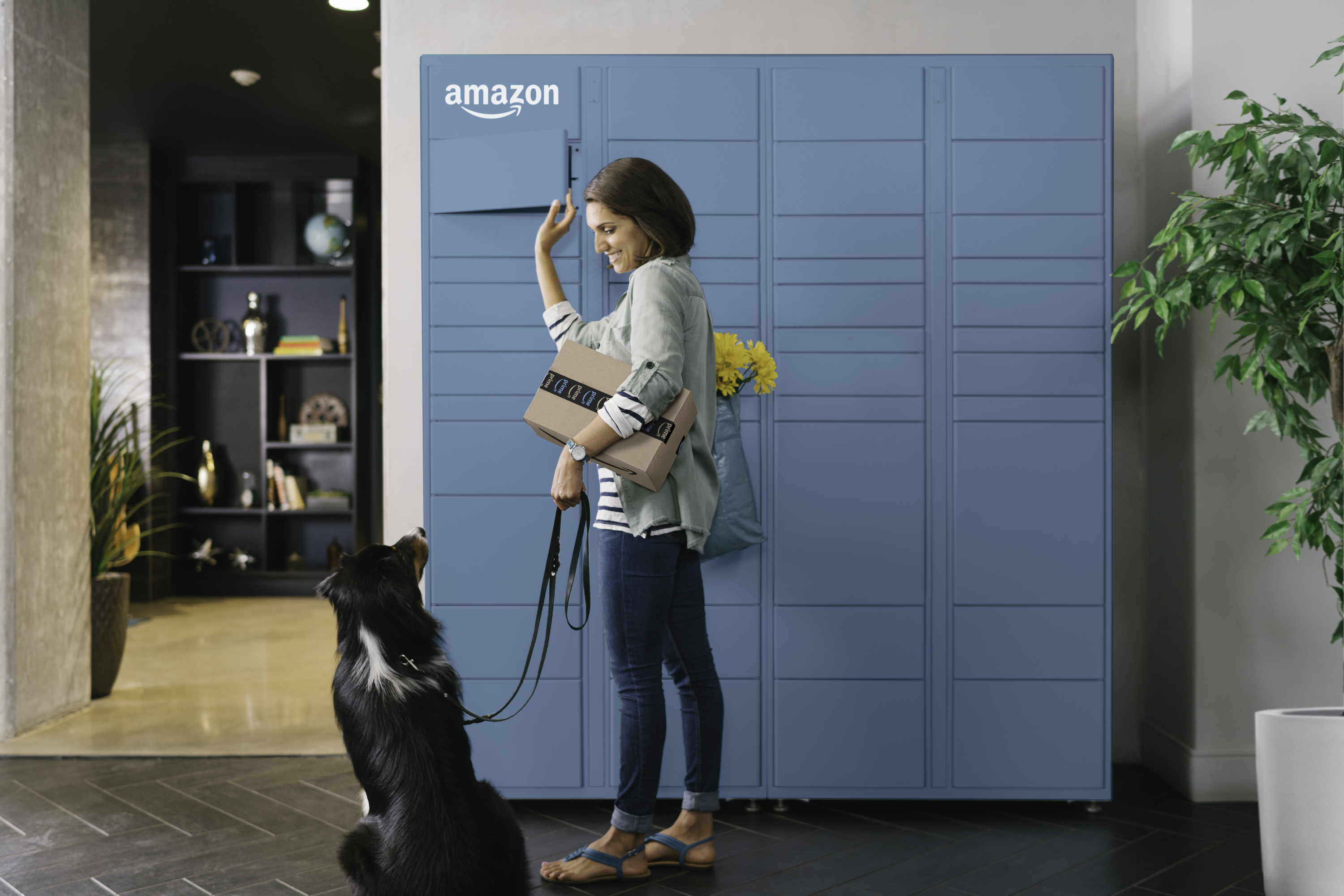Big-box retailers such as Walmart (WMT +0.81%) and Target (TGT +1.08%) have always had one big advantage over Amazon.com (AMZN 0.48%): They have hundreds of stores spread throughout the United States, which they can use to help get items to online customers' doorsteps more quickly.
Target has been pushing to fulfill more orders through its stores for a couple of years now. The company said all of its digital sales growth in November and December last year was fueled by store-fulfilled orders, including in-store pickup orders. Walmart's head of e-commerce, Marc Lore, has repeatedly noted that his strategy for competing with Amazon relies on using the company's 4,600 locations to get items to customers. He's gone so far as experimenting with having associates deliver orders on their way home from work.
FedEx (FDX +1.68%) recently stepped in by offering a better solution for big-box retailers to get items from their stores to customers. Retailers can use its Extra Hours service to guarantee fast shipping even when customers place their orders in the evening.

Image source: FedEx.
Late-night shopping
Most online orders are placed after 5 p.m., when people finish working for the day. The problem is, couriers such as FedEx generally pick up shipments during standard business hours, so an after-dinner order usually won't even make its way into FedEx's hands until the next morning.
If a retailer pays for Extra Hours, FedEx will come by the store early in the morning the next day and sweep for customer orders. In some metro areas, FedEx can take those orders directly to customers' doors. In other cases, they'll have to go to a local FedEx facility, but they'll still get to customers within two days.
That's a lot faster than the standard process. FedEx used to go to a retailer's distribution center and then sort at a local facility. Going straight to the stores can shave two or three days off the process.
If retailers can use their stores to fulfill online orders more effectively, it can save a significant amount in capital expenditures. Amazon has invested a ton of money building out its distribution network, which currently consists of 75 locations in North America. Not only that, but Amazon also pays 125,000 full-time employees to operate those fulfillment centers. Target has boasted that its store-fulfilled digital orders improve its operating efficiency by making use of excess work capacity at its stores.
Is it enough to compete with Amazon?
The No. 1 reason consumers subscribe to Amazon Prime is the two-day shipping benefit. In a Diffusion Group survey last summer, 79% said it's the No. 1 benefit of the program.
People place a lot of value on fast shipping. So it stands to reason that if other retailers can offer fast shipping thanks to FedEx and their networks of physical stores, Amazon Prime might lose some of its value. That's especially true when those other retailers aren't charging for two-day shipping.
But it's not just fast shipping customers prize. It's fast shipping of Amazon's catalog. Product selection consistently ranks near the top of surveys asking why shoppers choose Amazon. Amazon has over 100 million Prime-eligible items for sale in the United States. That selection is bolstered by its third-party marketplace and its Fulfilled by Amazon program. Third-party merchants can store their inventory at Amazon's warehouse, making their items Prime-eligible.
Walmart, by comparison, has only a few million items on its website eligible for two-day shipping. Target has even fewer items -- "hundreds of thousands."
Walmart is working with some of its marketplace sellers to ensure two-day delivery, but without the warehouse and fulfillment-center network Amazon has, it still can't compete on product selection, and it's not a viable option for smaller sellers.
FedEx's Extra Hours service is a worthwhile investment for both big-box retailers and FedEx, but it won't hurt the value of Amazon Prime. Using stores to fulfill orders is an advantage on some items, but it will never enable retailers to compete with Amazon's ability to quickly deliver a broad product selection -- the real benefit of Amazon Prime.
Check out the latest Amazon earnings call transcript.









